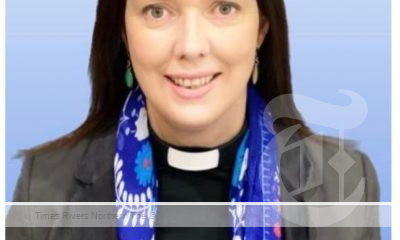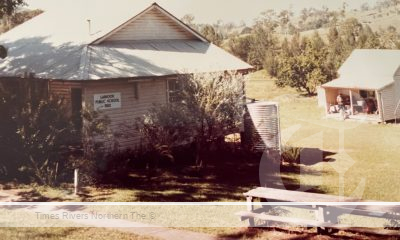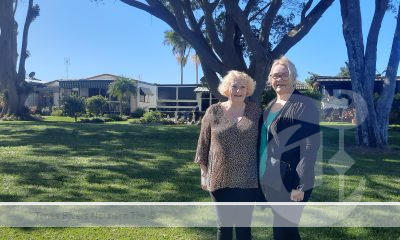Tweed Shire News
New LED lighting for sports fields in the Tweed

Local News
Tweed Shire Council Makes Significant Progress in Reducing Development Application Backlog

Local News
Reece Byrnes and Your Local Labor Team for 2024 – Your Trusted Local Voice for the Tweed Shire Council in 2024

Local News
Residents and Industry Specialists Invited to Shape Future of Events in Tweed

-

 Tweed Shire News2 years ago
Tweed Shire News2 years agoA NEW TWEED HEADS
-

 Motoring News1 year ago
Motoring News1 year agoToyota Supra: Get Ready For A Fully Electric Version In 2025
-

 COVID-19 Northern Rivers News3 years ago
COVID-19 Northern Rivers News3 years agoNorthern Rivers Local Health District COVID-19 update
-

 COVID-19 Northern Rivers News3 years ago
COVID-19 Northern Rivers News3 years agoNorthern Rivers COVID-19 update
-

 Northern Rivers Local News3 years ago
Northern Rivers Local News3 years agoFears proposed residential tower will ‘obliterate’ Tweed neighbourhood’s amenity and charm
-

 Health News3 years ago
Health News3 years agoCOVID-19 Vaccination Clinic now open at Lismore Square
-

 COVID-19 Northern Rivers News3 years ago
COVID-19 Northern Rivers News3 years agoLismore Family Medical Practice employee close contact
-

 NSW Breaking News3 years ago
NSW Breaking News3 years agoVale: Former NSW prison boss Ron Woodham






 “Making the switch to energy-efficient LEDs is something we are proud of. Reducing our carbon emissions and environmental footprint is a key focus for Council as part of our Renewable Energy Action Plan where we aim to reduce greenhouse gas emissions from electricity use by 25% by 2022 and 50% by 2025.”
“Making the switch to energy-efficient LEDs is something we are proud of. Reducing our carbon emissions and environmental footprint is a key focus for Council as part of our Renewable Energy Action Plan where we aim to reduce greenhouse gas emissions from electricity use by 25% by 2022 and 50% by 2025.”






















